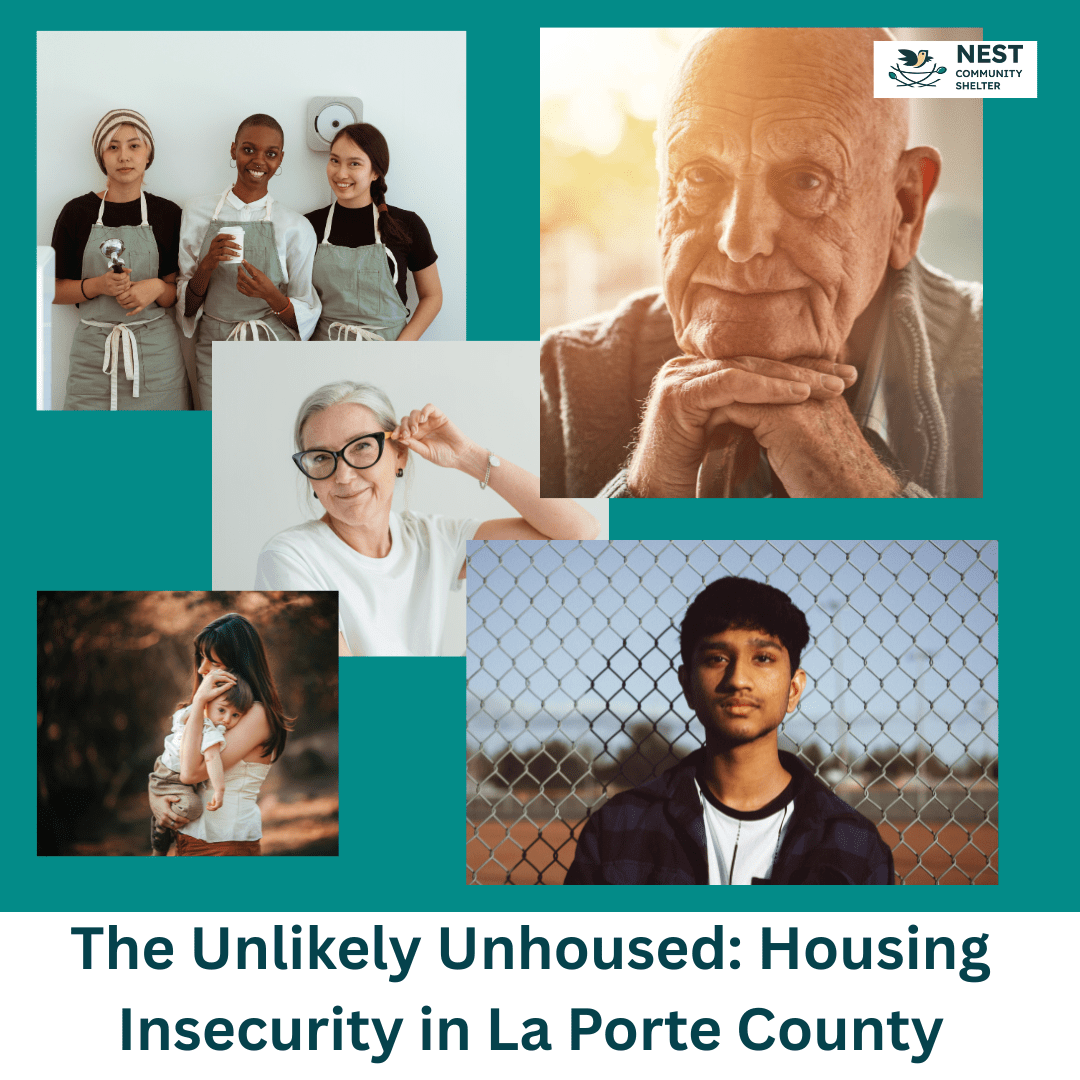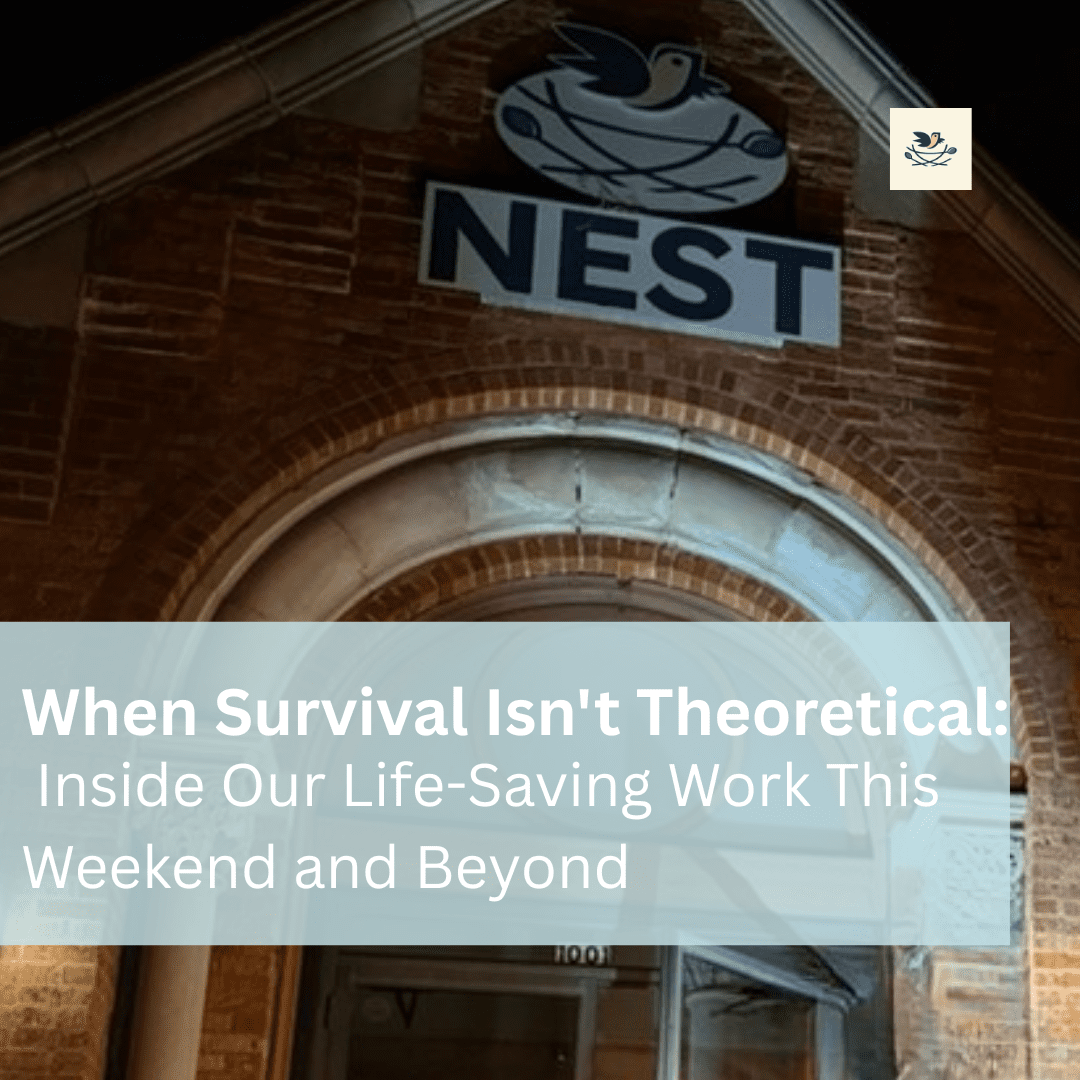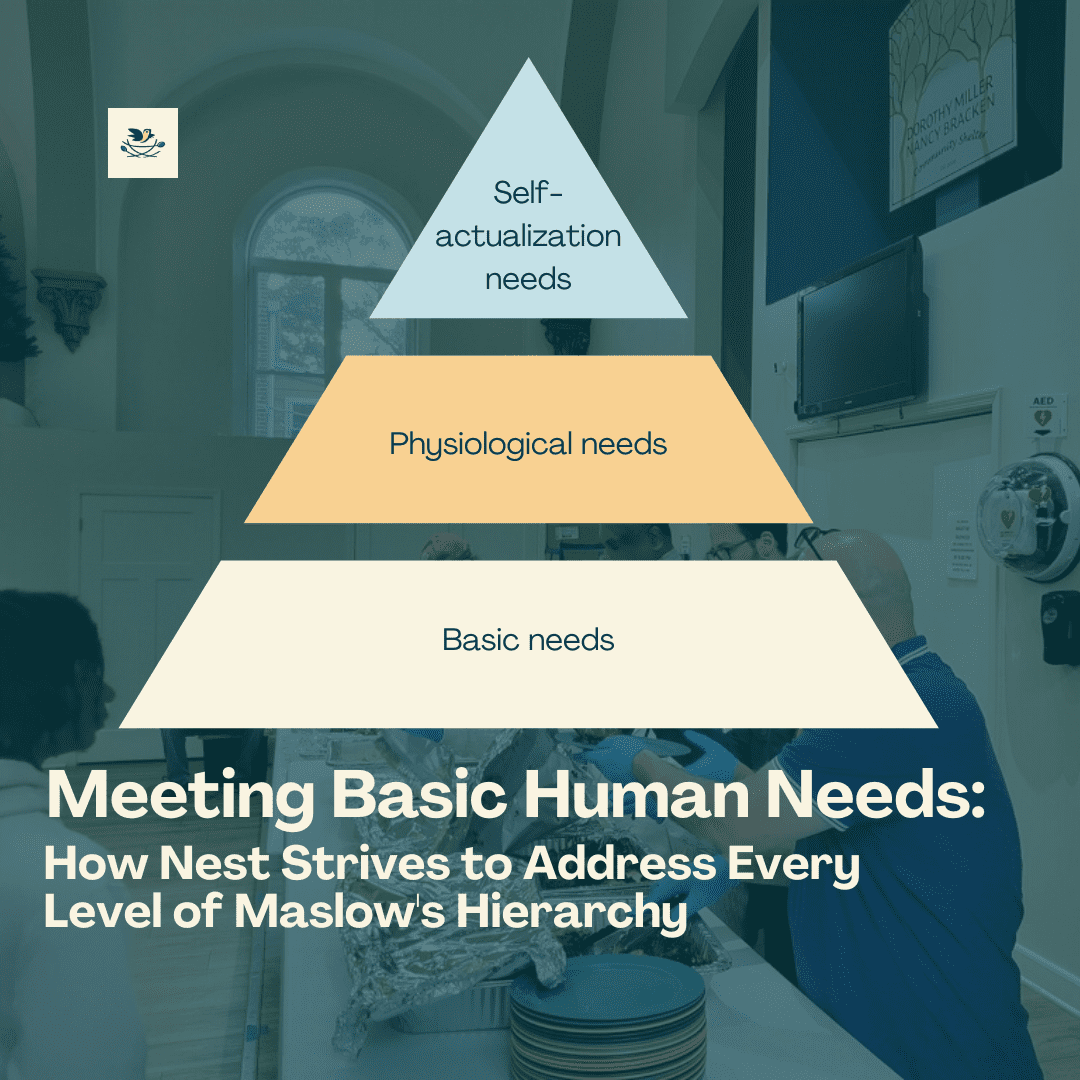
When you ask most people to describe an unhoused individual, they would generally describe a stereotype, someone living on the streets, perhaps struggling with addiction or mental illness. People are complex, and so are the ways they experience being unhoused, right here in our La Porte County communities.
This month, we will examine ‘The Unlikely Unhoused,’ a series dedicated to revealing the faces of housing instability that often go unnoticed. This isn’t just about raising awareness; it’s about fundamentally changing how we understand who struggles to maintain stable housing and experience becoming unhoused in our community.
The Tip of the Iceberg: Beyond what is seen.
The path to becoming unhoused rarely follows the narrative we’ve been told. More often, it begins with circumstances beyond anyone’s control, a medical emergency, a rent increase that outpaces income, fleeing a dangerous situation, or simply the reality that a paycheck no longer covers basic needs in our community.
These are people who never imagined they’d be sleeping in their car, staying on a friend’s couch, or moving between motels. They’re working, they’re responsible, they’re doing everything “right” and yet they find themselves without a stable place to live.
Why This Topic Matters
Becoming unhoused doesn’t discriminate, and it’s rarely a result of personal failings. More often than not, becoming unhoused is due to systems, circumstances, and the growing gap between what people earn and the cost of housing in our community. Through this series, we’ll explore five groups of individuals who are increasingly finding themselves unhoused, not because of choices they made, but because of situations they couldn’t control.
Coming this Month in the Series:
Older Adults: When Retirement Isn’t Secure as It Was Supposed to Be
Responsible older adults who have worked their entire lives, saved when they could, and planned for retirement are one of the largest and fastest-growing groups to experience housing insecurity and to become unhoused. For many, fixed incomes haven’t kept pace with rising housing costs, and suddenly, the home they could always afford is no longer within reach. We’ll explore how aging can leave even the most prepared people vulnerable to becoming unhoused through no fault of their own.
Mothers and Mothers-to-Be: The Impossible Balance
Pregnancy and motherhood bring joy, but also extraordinary expenses. When healthcare costs collide with childcare needs and rising rents, mothers face impossible choices. We’ll look at how women trying to provide for their children can find themselves without a safe place to raise them.
Fleeing to Nowhere: When Safety Comes at the Cost of Shelter
Leaving an abusive partner or a dangerous situation is an immense act of courage and survival. Fleeing often means leaving behind housing, income, and stability. We’ll examine how those who flee violence find themselves choosing between safety and shelter, and why that shouldn’t be a choice anyone has to make.
Working But Unhoused: When a Job Isn’t Enough
Full-time employment used to be the path to stability. Today, it’s increasingly common to work 40 hours a week, or more, and still be unable to afford rent in our community. We’ll meet the people who are doing everything society asks of them, yet still find themselves without a place to call home.
The ALICE Population: Earning Too Much to Qualify, Too Little to Survive
Through the United Way’s ALICE framework (Asset Limited, Income Constrained, Employed), we’ll explore households that earn above the poverty line but below what it actually costs to live here. These are our neighbors who work, pay taxes, and contribute to our community, but can’t afford housing on what they make.
A Growing Reality in Our Community
Neighbors become unhoused in our community every day. Not because they made bad decisions or didn’t try hard enough, but because the cost of housing has outpaced wages, because one emergency can erase a lifetime of savings, because leaving danger sometimes means leaving everything else behind.
This series will challenge what you think you know about who becomes unhoused and why. These stories reveal a truth: becoming unhoused can happen to anyone when circumstances align against them. It’s happening to people you know, even if you don’t realize it yet.




